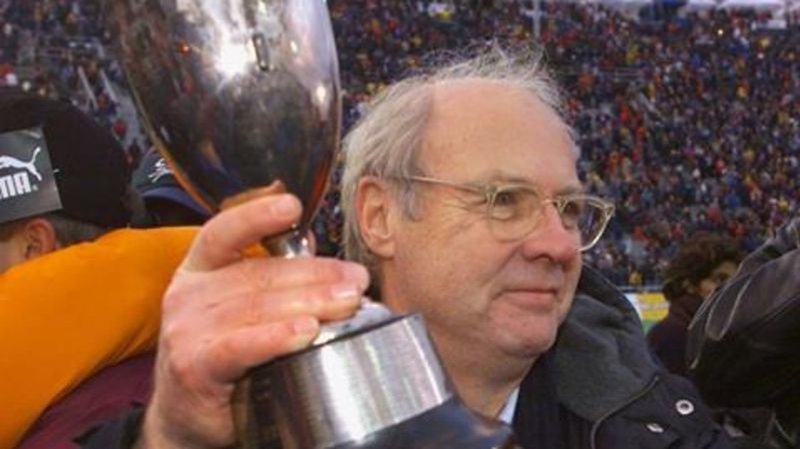
Source: Former Montreal Alouettes owner Bob Wetenhall has passed away,
Bob Wetenhall Sr., the American businessman who took over the Montreal Alouettes in 1997 and transformed the club into one of the CFL’s model franchises, has died.
A CFL source requesting anonymity said Wetenhall passed away Friday. The cause of death wasn’t immediately known. Neither was Wetenhall’s age (he was believed to be 85 or 86).
Wetenhall, a native of Milwaukee, became an investment banker after graduating from Princeton. He took over the Alouettes in 1997 after they were revoked from Michael Gelfand and declared bankruptcy.
Wetenhall also assumed the organization’s debts despite not legally being obligated to do so.


